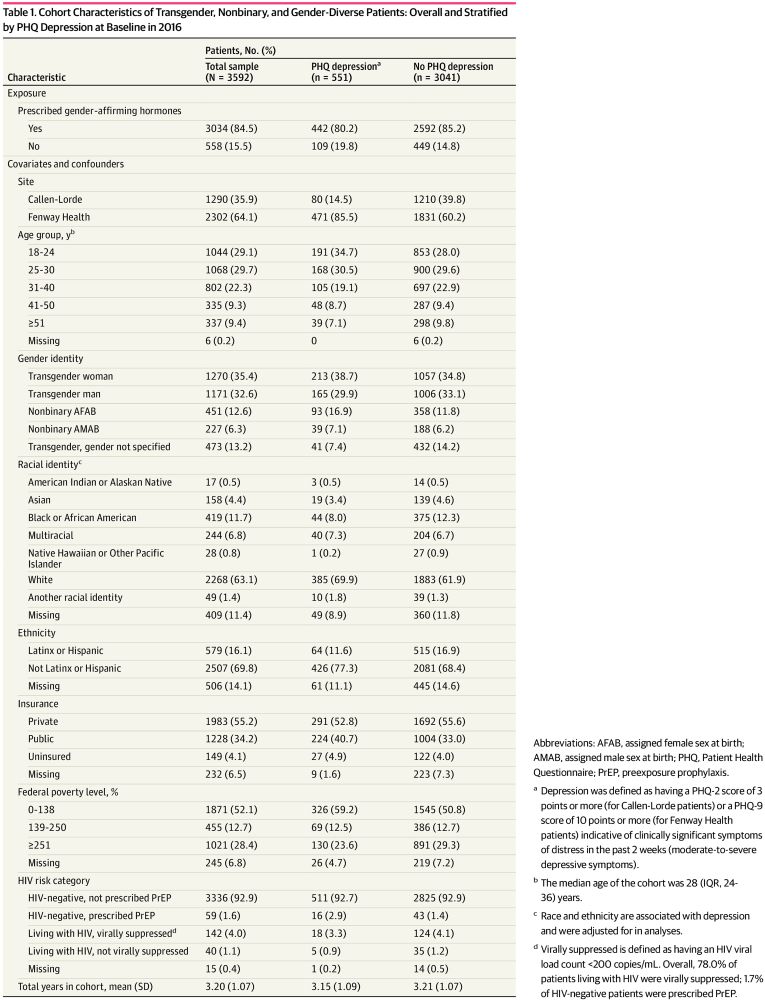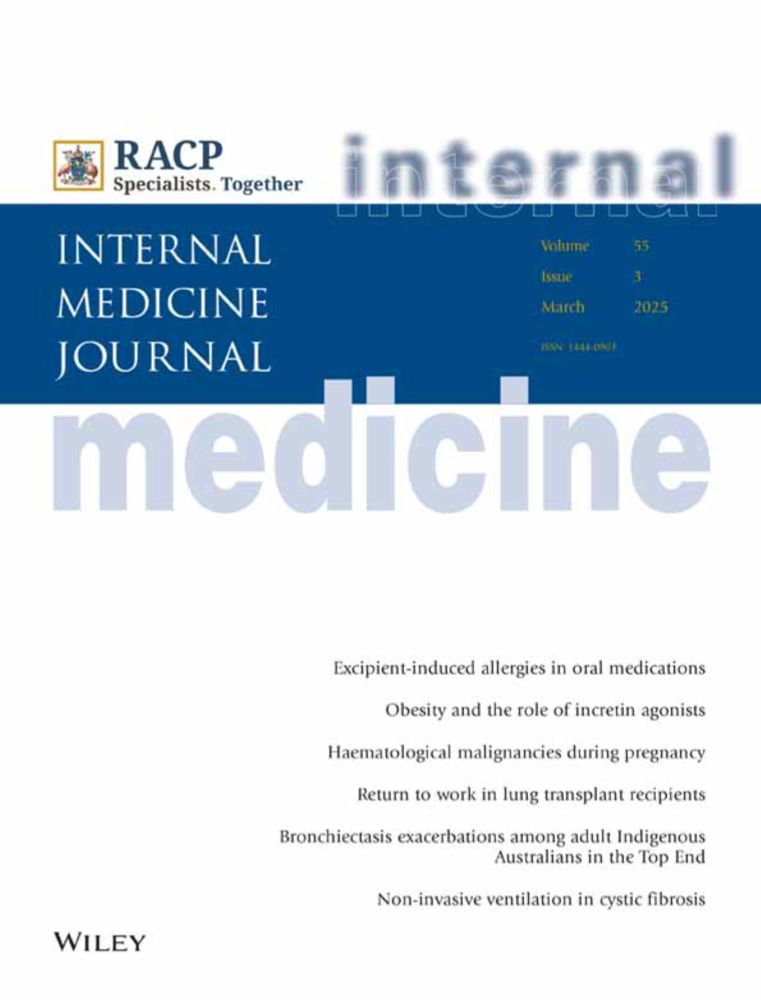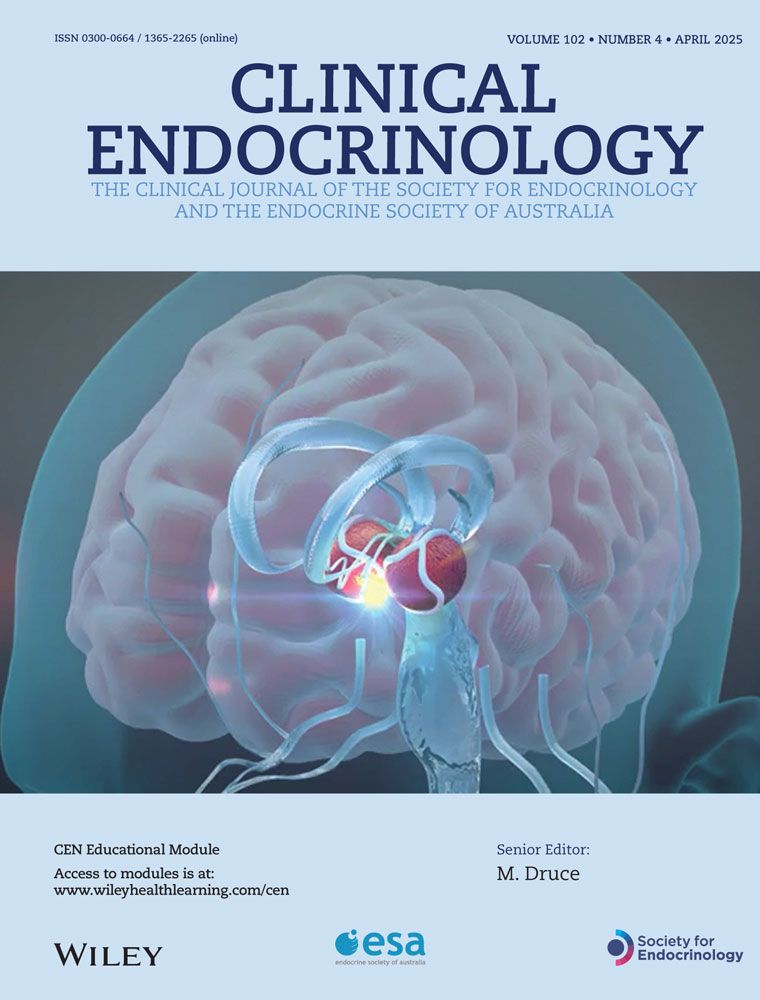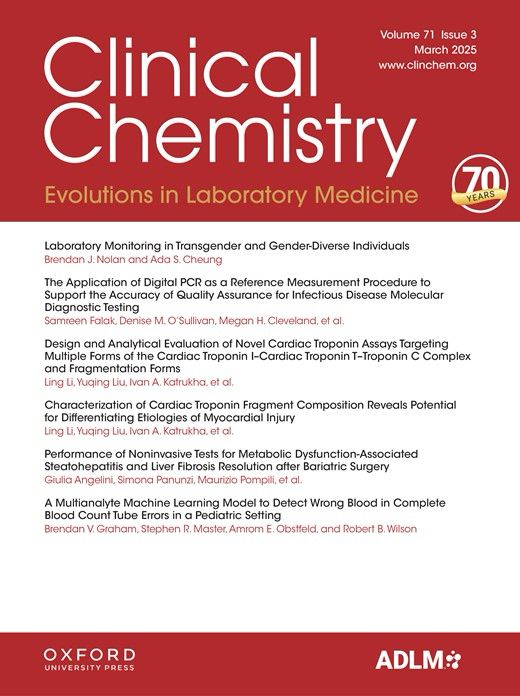Dr Brendan Nolan
@drbrendannolan1.bsky.social
200 followers
270 following
7 posts
Endocrinologist and trans health 🏳️⚧️ researcher 📍Brisbane, Australia (he/him)
Posts
Media
Videos
Starter Packs
Reposted by Dr Brendan Nolan
Reposted by Dr Brendan Nolan
Reposted by Dr Brendan Nolan
Jack Turban MD
@turban.bsky.social
· Mar 18

Gender-Affirming Hormone Therapy and Depression in Transgender Adults
This cohort study examines whether receipt of gender-affirming hormone therapy is associated with rates of moderate-to-severe depression in transgender, nonbinary, and gender diverse adults in the US.
jamanetwork.com
Reposted by Dr Brendan Nolan






